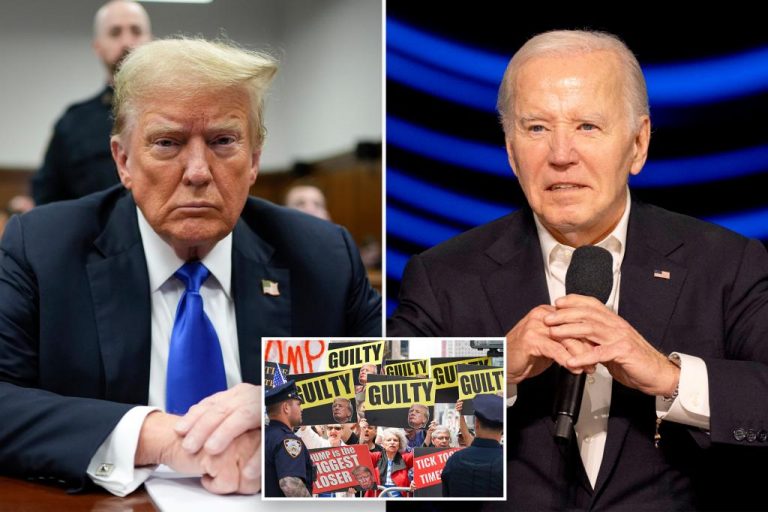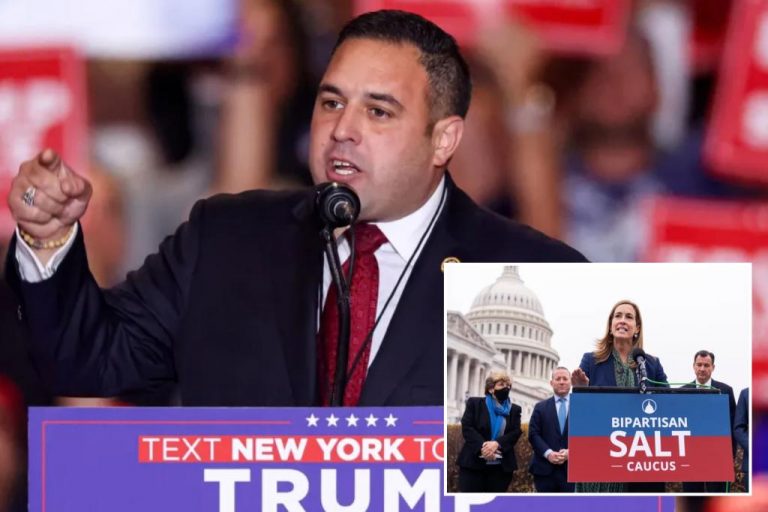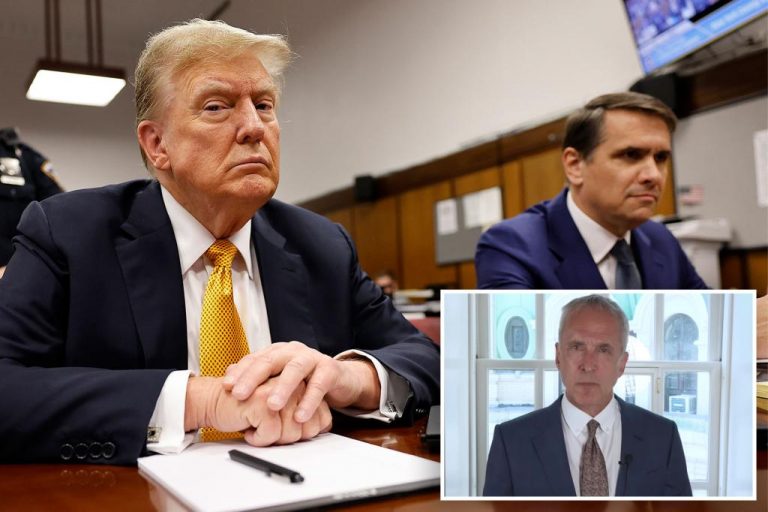Trump tells Bibi to do what he wants with possible Iran attack.
Former President Donald Trump recently made headlines once again after urging Israeli Prime Minister Benjamin Netanyahu to take action against Iran. During a conversation on Sunday, Trump reportedly told Netanyahu to “do what he wants to do” in response to Iran’s growing nuclear capabilities. The conversation took place as world leaders continue to monitor Iran’s nuclear program, which many fear could pose a threat to global security.
Trump’s statement comes at a time of heightened tensions between Israel and Iran, with Netanyahu expressing concerns over Iran’s nuclear ambitions. In recent years, Iran has faced international scrutiny over its nuclear program, with many Western countries accusing the Iranian government of seeking to develop nuclear weapons. Israel, in particular, has been vocal in its opposition to Iran’s nuclear program, viewing it as a direct threat to its national security.
During his conversation with Netanyahu, Trump reaffirmed his support for Israel and its right to defend itself against any potential threats. The former president is well-known for his strong support of Israel during his time in office, having controversially moved the U.S. Embassy to Jerusalem and recognized the city as Israel’s capital. Trump’s pro-Israel stance has garnered him support among many conservative Israelis, who view him as a strong ally in the region.
Netanyahu, on the other hand, is facing political challenges at home, with his government recently experiencing a series of setbacks. The Israeli Prime Minister has been criticized for his handling of the COVID-19 pandemic and is currently facing corruption charges in Israel. Despite these challenges, Netanyahu remains a key figure in Israeli politics and continues to play a crucial role in shaping the country’s foreign policy.
As tensions with Iran continue to escalate, world leaders are closely watching the situation and considering their next steps. The Biden administration has signaled its intention to re-enter the Iran nuclear deal, which Trump withdrew from during his presidency. The deal, officially known as the Joint Comprehensive Plan of Action (JCPOA), was designed to limit Iran’s nuclear activities in exchange for sanctions relief.
However, Netanyahu has been a vocal critic of the JCPOA, arguing that it does not go far enough in curbing Iran’s nuclear ambitions. The Israeli government has lobbied against the deal and has called for tougher action against Iran, including the possibility of military strikes. Trump’s recent comments are seen as a reflection of this sentiment, with the former president indicating his support for Israel’s right to take preemptive action against Iran if necessary.
It remains to be seen how Netanyahu will respond to Trump’s comments and whether they will influence Israel’s approach to Iran. The situation in the Middle East is complex and fraught with challenges, making it crucial for world leaders to carefully navigate their relationships with regional powers like Iran and Israel. The stakes are high, and any misstep could have far-reaching consequences for global security and stability.
As Trump’s statement reverberates across the international community, one thing is clear: the issue of Iran’s nuclear program is far from resolved. With tensions continuing to simmer in the region, the world waits anxiously to see how the situation will unfold and what actions will be taken to address the growing threat posed by Iran’s nuclear ambitions.








